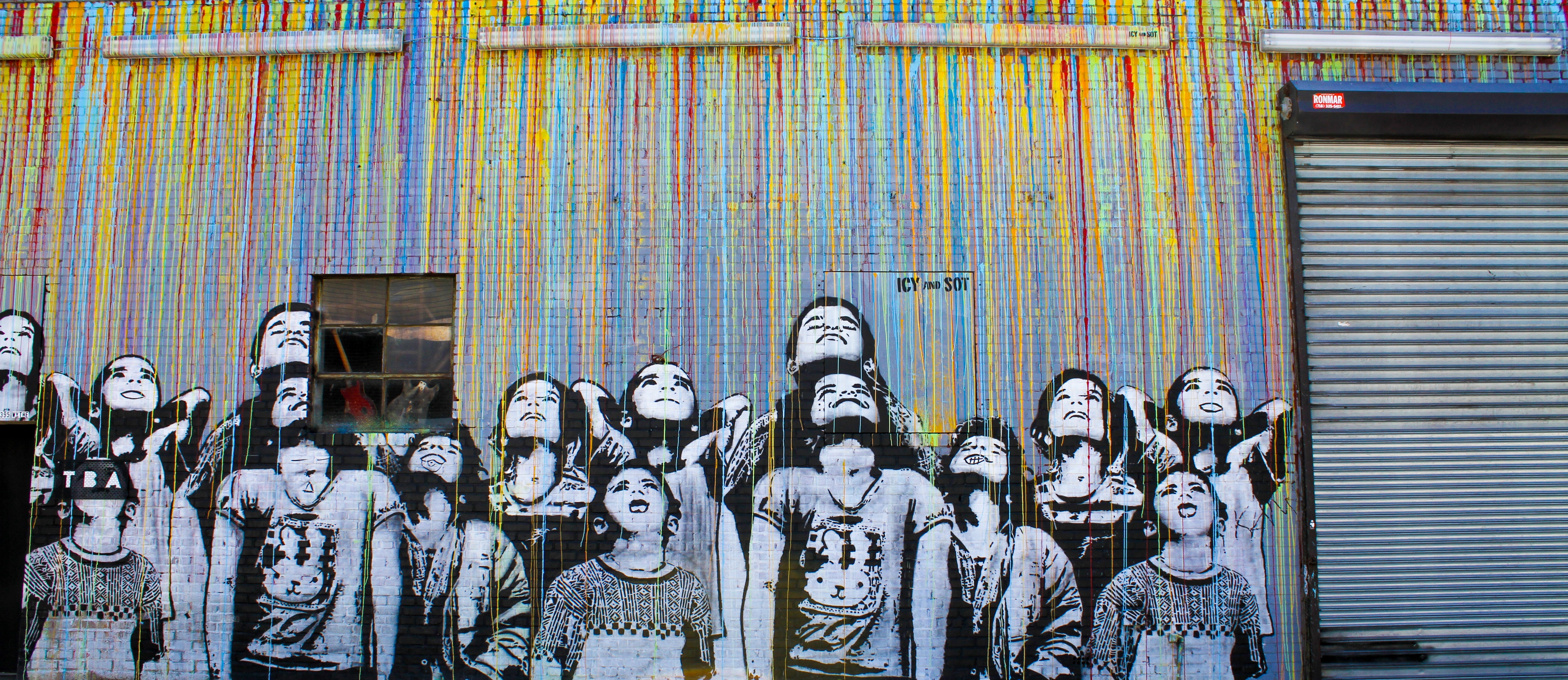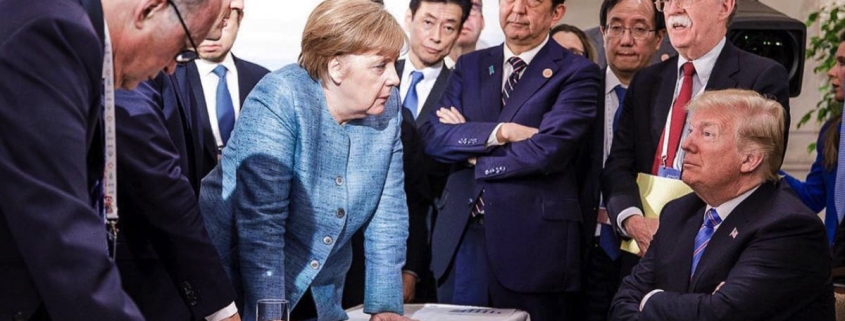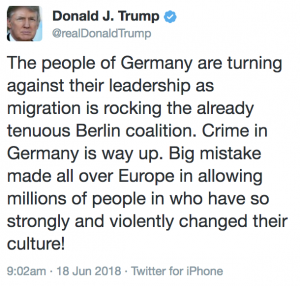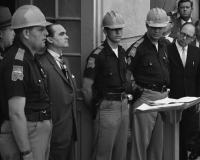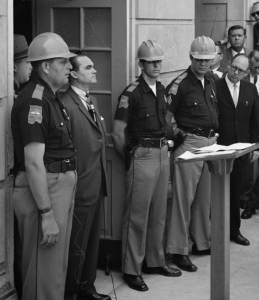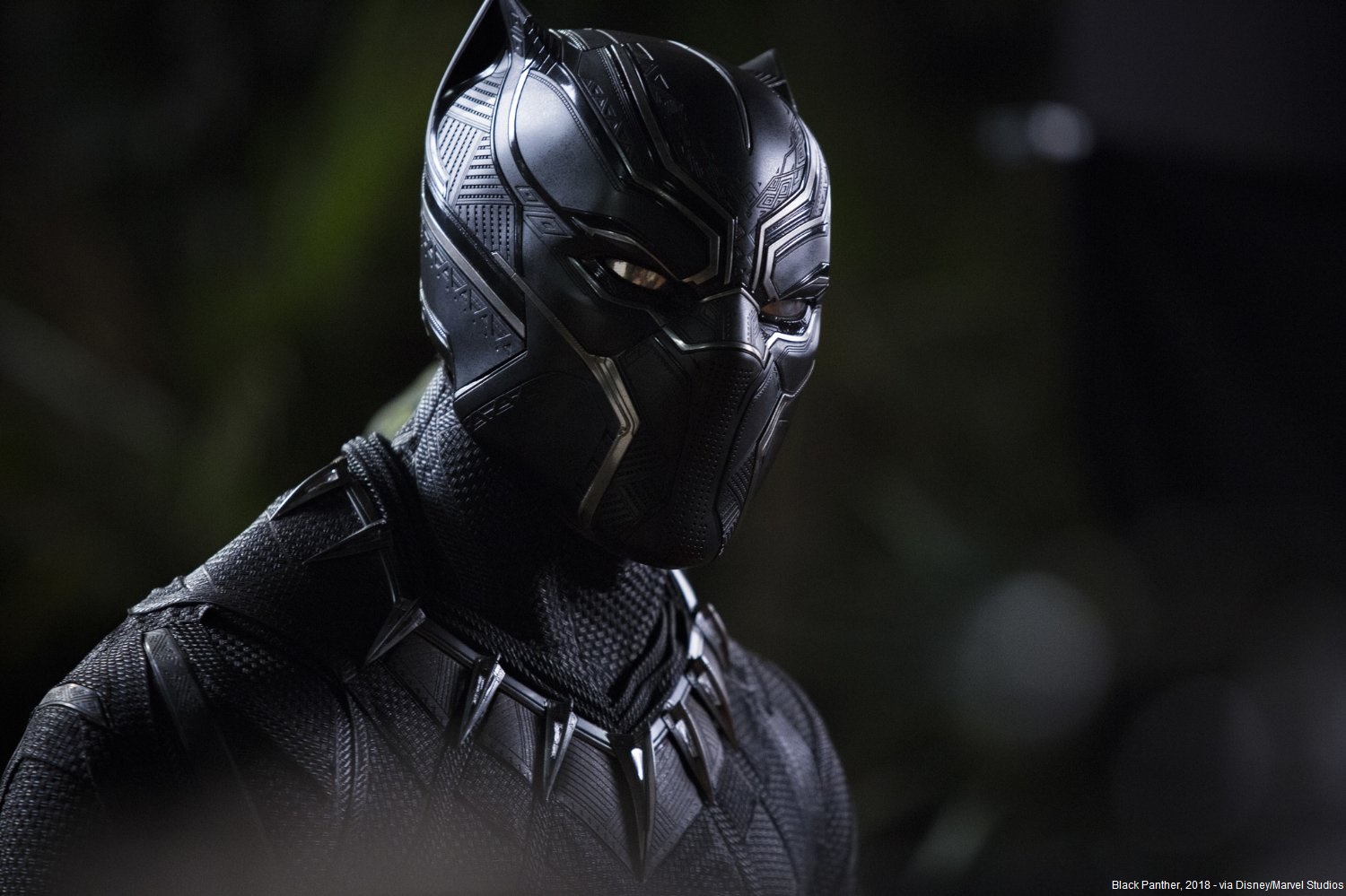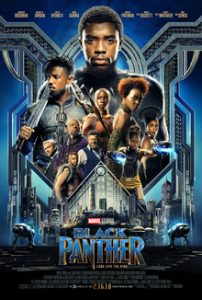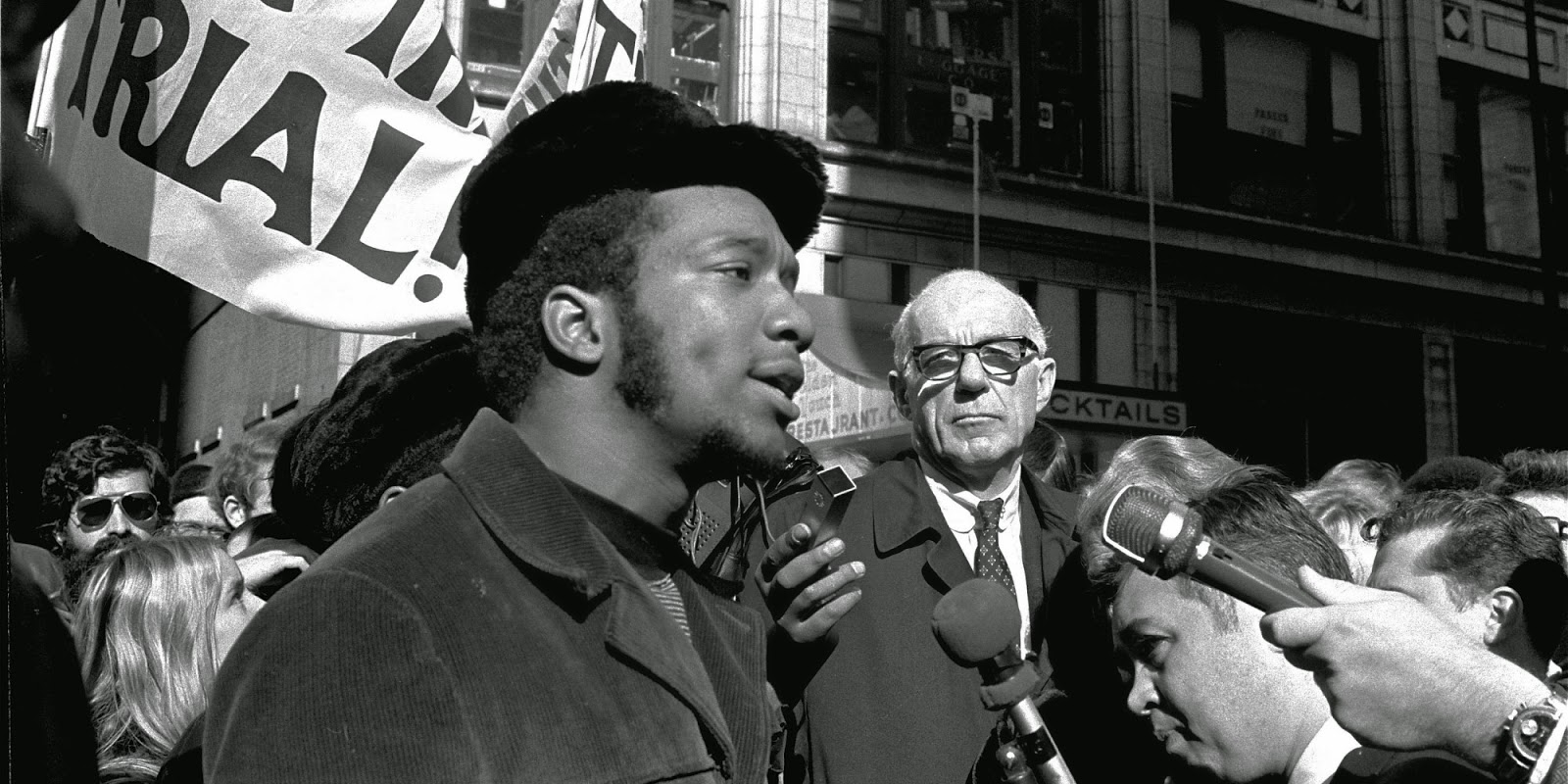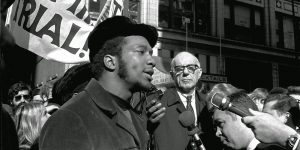(Drew Kadel points out an omission in this piece about the need for a strength of values in comments:
“It’s important to own our own values, to know why we hold them and to have the character to hold those values in the face of opposition… you are discussing having integrity while loving people who do bad things… love (can) become sentimentalized and involve letting people off the hook (“Give him another chance”, “He’s really a good guy underneath, he doesn’t mean to always beat me”)… in loving those who violate our values, it’s important to know those values and keep them front and center. If empathy with self-pity becomes sympathy with self-pity we spiral down into moral vacuity.” Thank you for catching this, Drew!)
Science suggests to me this article may be doomed. This is because this article is about the best supported strategies for changing people’s minds, and I’m relying on facts, which studies show may be the least effective strategy. But there’s little more I can do than give you this truth, and hope you can make it emotionally real for you. And that idea is this: we must give love to those whom the gods put in our paths. I am agnostic about who or what you call the gods. I am fundamental about love, and that love is truth.
Amongst my friends (and family) I’ve counted people who kill for money, drug dealers, criminals living on the run, fucked up teenagers, Ren faire runaways, alcoholics, rapists, alcoholic rapists, more people who kill for money (but also get praised for it), employees who routinely break monopoly law, homeless psychotics, an FBI agent, a whole troop of gutter punks, a couple of private investigators, several delinquent parents, sex addicts, a passel of sociopaths, people cheating on their spouses, and probably a bunch more ne’er-do-wells I can’t think of right now. And, of course, a lot of idiot hackers. Almost everyone I know enacts violence on the world. As Americans, we don’t even get a choice in that. The fact of our very lives is used as a justification for endless wars and global plunder. I have a friend who moved to Spain so that he could say at least his tax dollars didn’t go to fuel that violence, even if his existence still does — a choice few have the advantages or courage to make.
Most of my more reprehensible friends hide the things that make people hate them, but I have one who flaunts his worst qualities. I know him as weev. I know him from the hacker scene, and since being jailed and released he’s become famous for publicly embracing neo-nazi ideology. I talk about being friends with weev not because I’m proud of being friends with weev in particular, but because I believe I should model publicly the behaviors that I want others to take up, and this is one of them. I want other white people to be friends with the weevs, racist relatives, and bigoted co-workers in their lives. I want people to reach out to the abusive toxic men and senior executive vice presidents in their lives, because it’s the most scientifically sound way that we fight bad ideas. White people can fight white racism, men can fight toxic masculinity, we all can oppose the evil ideas that harm us. It doesn’t stop with race and gender. I want rapists to be confronted by their friends, and alcoholics to be held accountable by people who love them. I want sociopaths to find people who can be their moral compasses when they can’t build their own. Sometimes it means you can be that compass for a broken person. Doing that means you reduce the harm they do to others by standing in the way of people you care for.
At the moment it is popular to say that the only allowable engagement with poisonous thinking is intellectual: arguments and statistics, emotions restricted to admonition and demands for better behavior. But this approach is a failure, and we see that failure on every level. Study after study show that facts, statistics, and news reports only entrench people’s existing beliefs, whether those beliefs are in truth or lies.
The engagement that works is a combination of personal connection, empathy, reciprocity, and then, only then, high quality information. If it sounds like you’ve probably got to care about the person, invest in them, then you’re right, you do. That means you can’t do it with everyone on Facebook or Twitter. For me, my community is technology and science. That means it’s largely white, male, and full of hidden and overt racism and sexism. I have three choices: leave my community, ignore these faults in my community, or engage with the people who have these terrible false beliefs. Sometimes it means marshaling facts in passionate arguments, but over dinner and drinks, not verbal sparring in front of a soi-disant audience. Sometimes you do this for months or years. Sometimes it means letting someone see how much their beliefs hurt you. I’ve walked out of the room openly sobbing because of a friend who insisted on a racist stance. I’ve confessed to my own pain and humiliation as a woman while a crowd looked on. But mostly it’s not that dramatic, it just means being a thorn, always prickly about it, just bringing up that thing you’re not supposed to talk about. Sometimes when you fight with one person, another person who cares for you watches, and something in that second person’s soul begins to shift. Sometimes you don’t know for years and a friend buys you a coffee one day, and tells you that you changed their life.
Sometimes you’ll never get to know.
Healing communities takes practicing community. Just being difficult isn’t enough on its own, or Twitter would have fixed all our social ills years ago. When you start from the point of having things in common, and build on it by giving things to each other, even if it’s no more than a meal, it becomes much harder to talk about something like sexism or racism. That feeling is key, that feeling is what you’re looking for. When confrontation becomes difficult, awkward, and distressing, it means you’re invested. That’s the moment to bring it up, that’s when it’s going to matter the most. Being genuine in that moment, and confronting false beliefs, is so much harder than making an argument online or pointing at research on its own. You need to have those things in hand, but you also need to have skin in the game. That is how you kill the racism, without killing the racist. It’s how you take the toxic out of masculinity. This — and education — are the only things that work. Even if you wanted to solve the problem by killing the bad people, it doesn’t scale. That’s a blood-soaked fantasy world, and the world has soaked in enough blood already.
Shunning, like violence, often entrenches false beliefs. When we reject a person we’ve known, especially without any personal confrontation or explanation, it seems like betrayal. This only pushes that false belief farther into the world, where it can grow and do more harm.
What I have found is that listening, confrontation, and love are the most effective ways to fight the lies someone you care for is telling themselves.
The first part of facing another person’s false beliefs is to listen. Not quietly — actively. Ask questions, and stop them when you don’t understand and seek clarity. Be ready to hear anything, or the other person will hold back. Somewhere in their story of how they came to a poisonous perspective you will find out what scared them. That moment — or moments, is always there. There is always a toxic core of shame and fear. They’ll tell you where they got the belief, and why they feel they need it. Sometimes even that simple articulation can start to unwind that deadly core. Be honest with how you feel in the process, while remembering that this isn’t about your feelings. No matter what you hear, never lose sight of the person you’re with, their pain, and their potential to exceed it.
Don’t be afraid to connect their beliefs with consequences in their lives. Hateful beliefs very often come with shameful moments, but speaking that shame can take its power away, especially when you’re still there after you’ve talked about it. You’re still holding on, and that’s key. If you’re going to tell them their belief is wrong, be ready with the evidence, but also be ready to affirm them as worthy of love, and be ready to help them imagine other futures beyond what they could have hoped for at the beginning of the conversation.
This is very rarely a single conversation. These are threads to be woven into every conversation, and pushed on, but only rarely to the point of exhaustion or tears, as much for your own sake as theirs. Keep coming back, keep unwinding the shame, keep affirming the love. Be ready to have this process change you in ways you don’t expect.
People I have confronted have confronted me back with my own shame, my own failings, and my own fears. When I learned to listen, two great things happened: I got to confront and clarify my own thinking, and I got to show my friends an example of someone changing and growing because of our friendship. They’ve called me a hypocrite and been right. When I’ve faced that, and seen to my own pain and fear and shame, they’ve given me the chance to change for the better myself.
When you can face your bigoted friend, and thank them for calling you on your bigotry, they may not be that far behind you for long. The project of becoming better people is something we do in community.
None of this is comfortable, and it’s likely to make people angry. I know this not just because of the data, because it made me angry too. Examining my own false beliefs has never been particularly fun, be they about how relationships work, or race, or class, or my own family. But doing this, and the people who helped me do this, gave me a strength that is not fragile, a capacity to love and seek truth that carried me through hell and back.
St Augustine said, “Cum dilectione hominum et odio vitiorum,” translated by Gandhi as: hate the sin and not the sinner. This beautiful phrase has been so often used as a put-down in recent years, but the sentiment it reflects saves worlds. When we’ve held false beliefs, succumbed to addictions, became sick in the mind and hated ourselves or others, the people who held us up did so by loving us and rejecting the lies we were clinging to, all at once.
In the case of my friend weev, I see a tragedy. I believe he is trying to strike out at the people who hurt him, but by propping up the same white supremacy that gave them their power in the first place. What he’s doing supports the very people who ordered violence on him, who took away his freedom, and tortured him. The same power structure that hurt him pays him a wage and gives him an attaboy now, as long as he keeps hurting people, just as he was hurt. The situation of his birth primed him to fall for a trick, and he did. He is falling for a con that’s been working in my country of birth for more than 400 years, and it hurts me to see it working again, still one person at a time, long after its original inventors are dead and dust. Torturing one group and then paying them to be guard labor over an even more tortured group is the first trick in the racism handbook.
It’s an effective lie, with its own life, and it’s hurting billions of people right now. But it is a lie. This false belief not only hurts the victims of racism, it hurts the people who hold the belief as well, robbing all of us of a future. It’s an angry and broken world that doesn’t realize there’s no point to the things we were taught to hate for. This idea keeps us fighting over scraps on a planet full of stunning abundance. I have sat with this thing all my life, and I have found it empty, hungry, and meaningless.
I have no need or desire to bring more hate and anger into this world. What’s more, I have science that can help me develop techniques to diminish the anger and hate that’s here now. Science, like all forms of truth, is a form of love.
We live for barely any time in the one tiny bit of the universe where we’ve found life. There’s no great other and opposite side in our fights, there’s only entropy, waiting to swallow everything we know back up into the chaos of the unaware and unfeeling universe. That we waste even a moment of our brief time hating each other is madness. But we do, and it’s a madness we have to deal with. Stop hating people, there’s no time for it, no possible rhyme or reason to it. Fight people’s false beliefs about the world, because they threaten not only to kill us, but also to make our extraordinary existence trivial and rob the meaning from our lives.
When we sit with our white supremacists and our addicts and abusers, we sit with our own flaws. If it weren’t so then they wouldn’t be any scarier than the open sky, or gravity, or a gun on the table, or getting old. The flaws that make us so angry are the ones that seem so close to eating us, an anger that feeds on us and turns us, like vampiracism for violence. We are not afraid of the other when we look at broken people, we are afraid of looking at ourselves and seeing the other, and then tearing ourselves apart.
Patriarchy, genders, whiteness and blackness were born as the abused children to first aristocracy, and then colonialism. They were set to fight for centuries. This is our legacy. My life, my existence and circumstance, is the product of genocide and rape, and most likely, so is yours. We all came from victims and aggressors, from slaves and slave masters going back thousands of years. Humans have been marking time in blood very possibly from the decline of all the other hominids. Now we have smart phones and social media and regularly look at ourselves from space. We watch movies about superhero powers and fractured families, and I think it’s no mistake. This is the myth of the truth of the moment — that we are powerful beyond our own understanding, and broken and angry within our dysfunctional family.
Proceed with truth and love.
My work for Emptywheel is supported by my wonderful patrons on Patreon. You can find out more, and support my work, at Patreon.


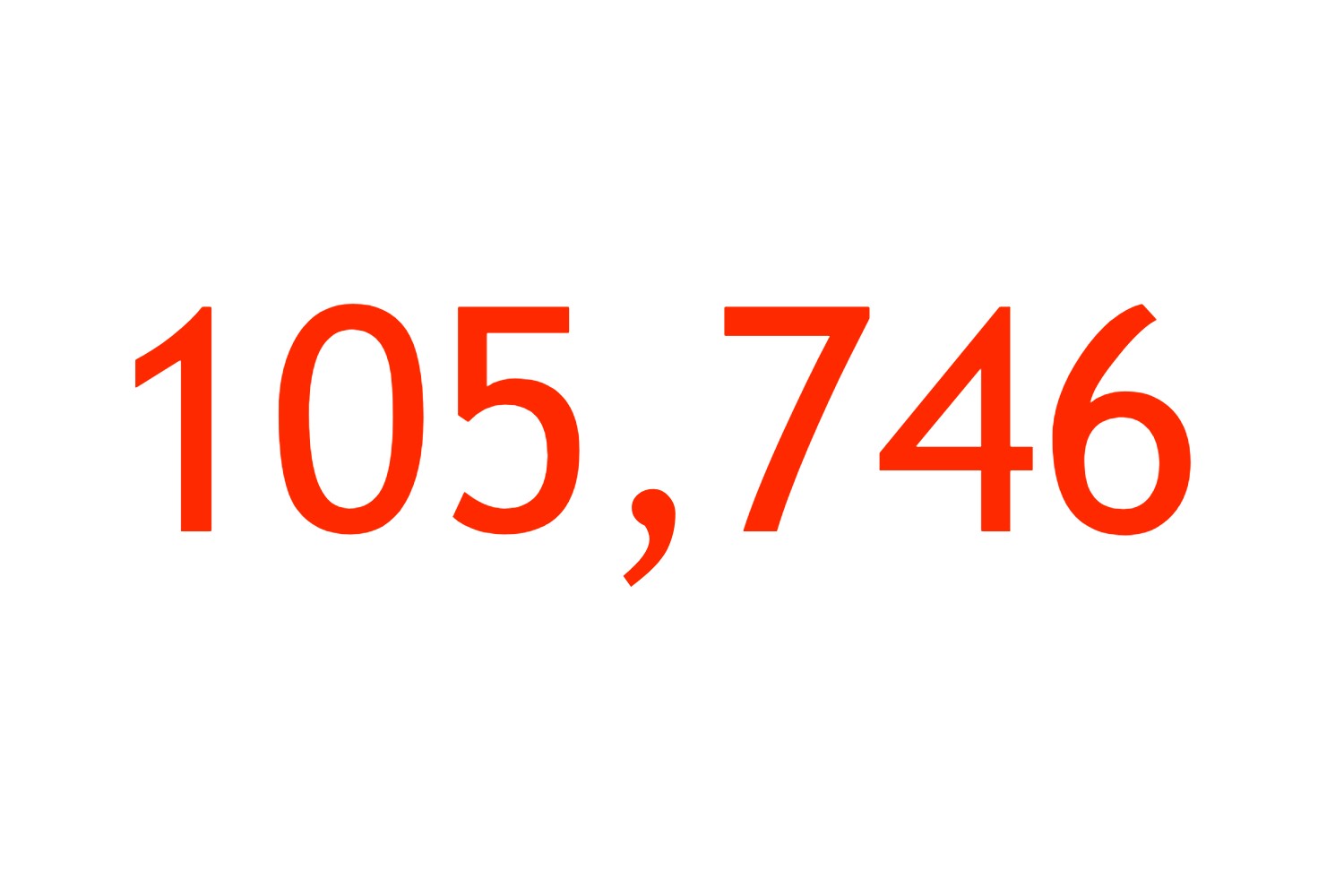
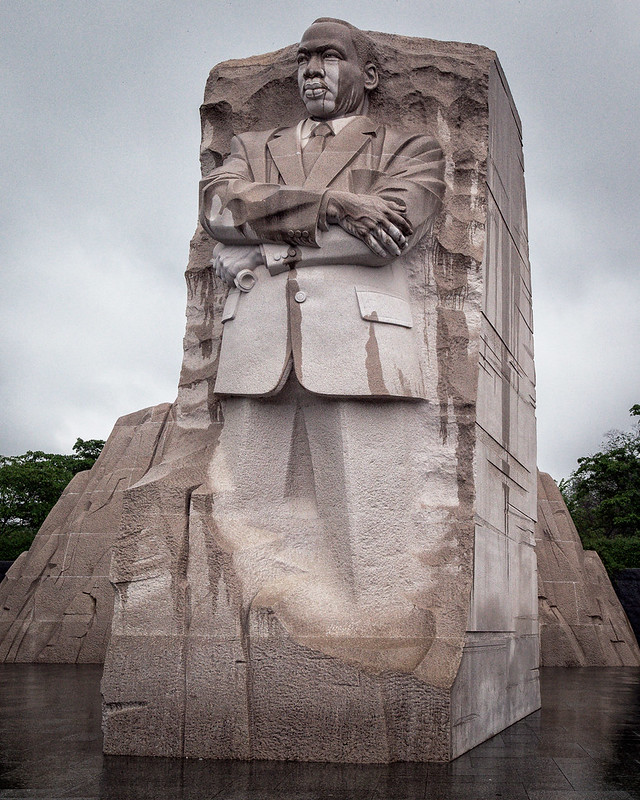
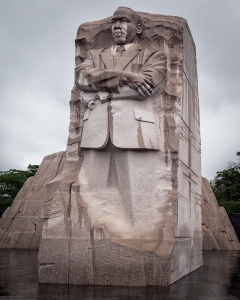
 CC BY-SA 2.0
CC BY-SA 2.0
